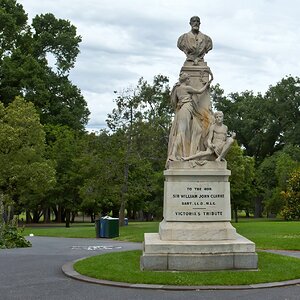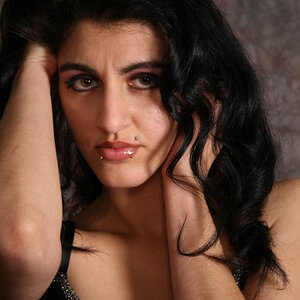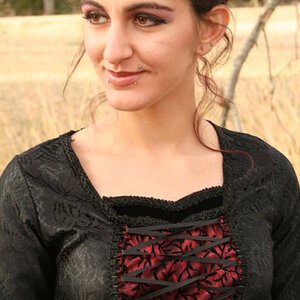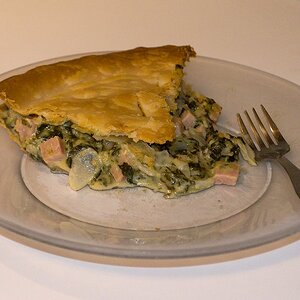Phantom552
TPF Noob!
- Joined
- Sep 29, 2015
- Messages
- 8
- Reaction score
- 0
- Can others edit my Photos
- Photos OK to edit
Hey all, first post on the forums here, so I figured I'd include some background. I haven't used an SLR camera since a film 35mm pentax I had for college courses, but I find myself taking photos quite often as of late, and I'm bumping up against the limitations of the digital cameras I now have (a sony point and shoot, and a couple of cellphone cameras), so I'm looking to jump up to a DSLR.
I mostly shoot landscapes and product photos, but occasionally go for wildlife and car shows. The sheer number of options out there has me on informational overload, so I thought I'd get some advice from people with more experience (you guys!).
I noticed a lot of the articles online seem to suggest Nikon D3300, Pentax K-S2, and Canon Rebel T6s camera bodies for beginners, would one of these be a good fit? Is there something else I should consider? In either case, what lens(es) should I look at starting out with?
Thanks in advance for any and all help!
I mostly shoot landscapes and product photos, but occasionally go for wildlife and car shows. The sheer number of options out there has me on informational overload, so I thought I'd get some advice from people with more experience (you guys!).
I noticed a lot of the articles online seem to suggest Nikon D3300, Pentax K-S2, and Canon Rebel T6s camera bodies for beginners, would one of these be a good fit? Is there something else I should consider? In either case, what lens(es) should I look at starting out with?
Thanks in advance for any and all help!






![[No title]](/data/xfmg/thumbnail/42/42397-30faa170de7ed9be38adf00b9b26a220.jpg?1619740167)





